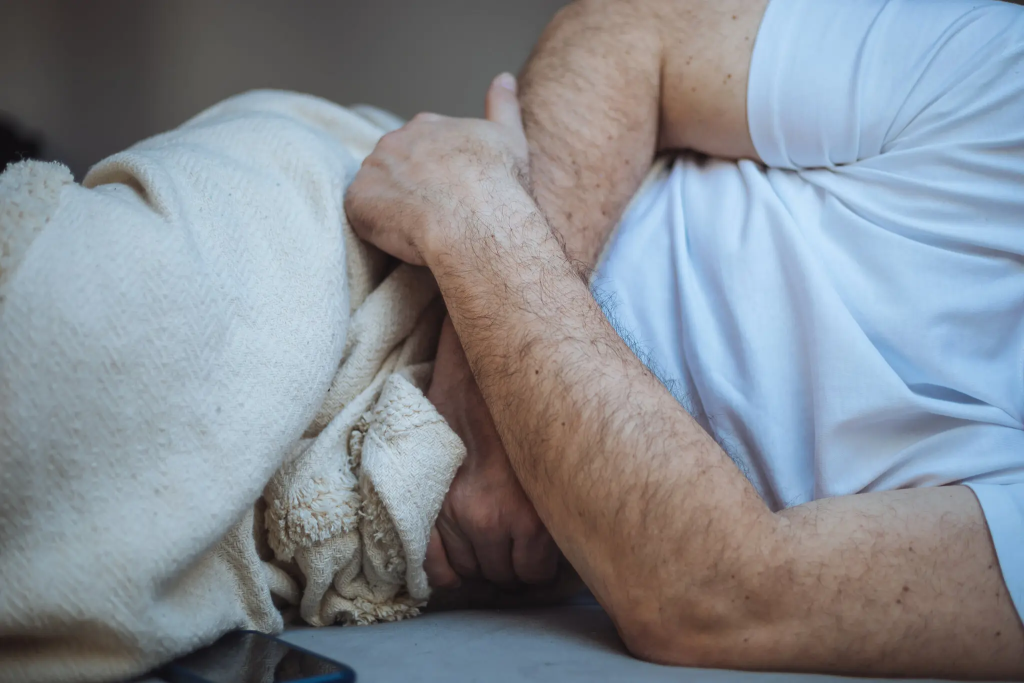Norovirus cases are rising across parts of the United States this winter, sparking concern as people gather for the holidays. This highly contagious virus, often referred to as the “stomach flu” or “stomach bug,” is responsible for millions of illnesses annually. But what exactly is norovirus, how does it spread, and how can you protect yourself? Let’s dive into the details.
What Is Norovirus?
Norovirus is a virus that causes acute gastroenteritis, leading to inflammation of the stomach and intestines. Known for its rapid onset, it is the leading cause of foodborne illness in the United States. Each year, it causes 19 to 21 million cases of vomiting and diarrhea, resulting in approximately 109,000 hospitalizations and 900 deaths.

Commonly associated with cruise ships, nursing homes, schools, and other places where people are in close quarters, norovirus spreads easily through contaminated food, water, surfaces, or direct contact with an infected person.
What Are Symptoms of Norovirus?
Symptoms of the norovirus typically appear 12 to 48 hours after exposure and include:

- Vomiting
- Diarrhea
- Nausea
- Stomach pain
- Body aches
- Headache
- Low-grade fever
Dehydration is a significant concern, especially for young children, older adults, and individuals with weakened immune systems. Signs of dehydration include:
- Decreased urination
- Dry mouth and throat
- Dizziness upon standing
- Unusual sleepiness or fussiness in children
Is Norovirus Contagious?
Yes, norovirus is highly contagious. It spreads primarily through:
- Person-to-person contact – sharing food, utensils, or caring for an infected person.
- Contaminated food or water – raw or undercooked shellfish and ready-to-eat foods are common culprits.
- Surfaces – touching contaminated objects and then your mouth can result in infection.
Infected individuals can continue spreading the virus for up to two weeks after recovering, making hygiene critical in preventing outbreaks.
Norovirus Incubation Period
The incubation period for norovirus is short—typically 12 to 48 hours, according to the CDC. While anyone can contract norovirus, certain groups are at higher risk:
- Young children
- Older adults
- People with weakened immune systems
Frequent outbreaks occur in communal settings, especially during the colder months from November to April.
How Long Does Norovirus Last in Your Body?
Illness caused by norovirus is typically short-lived, lasting 1 to 3 days. However, recovery times may vary based on age and overall health. While the symptoms resolve quickly for most, the virus can linger in the digestive system, allowing the infected person to remain contagious for several days to weeks after symptoms disappear.
How to Protect Yourself from Norovirus

- Practice Good Hand Hygiene
Wash hands thoroughly with soap and water for at least 20 seconds, especially after using the restroom, before eating, and after caring for someone who is sick. Hand sanitizers, while helpful, are not as effective as soap and water against norovirus. - Clean Contaminated Surfaces
Use household disinfectants or a bleach solution to clean areas that may be contaminated, such as countertops, toilets, and doorknobs. - Handle Food Safely
- Wash fruits and vegetables before eating.
- Cook shellfish thoroughly.
- Avoid preparing food for others if you’re sick or have recently recovered.
- Avoid Close Contact
Stay home if you’re feeling ill and wait at least 48 hours after symptoms stop before returning to work or school.
What to Do If You Get Sick
There’s no specific treatment for norovirus. The best approach is to manage symptoms:
- Stay Hydrated
Drink plenty of fluids to replace lost electrolytes. Oral rehydration solutions are particularly effective for preventing dehydration. - Rest
Allow your body to recover. - Seek Medical Attention for Severe Dehydration
If symptoms include persistent vomiting, inability to keep fluids down, or signs of severe dehydration, consult a healthcare provider.
The norovirus can spreads quickly and can cause severe discomfort, but prevention is possible with proper hygiene and care. Stay vigilant, recognizing the symptoms, and taking proactive steps to reduce transmission, you can protect yourself and others during the peak of norovirus season.
If you do get sick, prioritize rest, hydration, and staying isolated until you’re no longer contagious.


